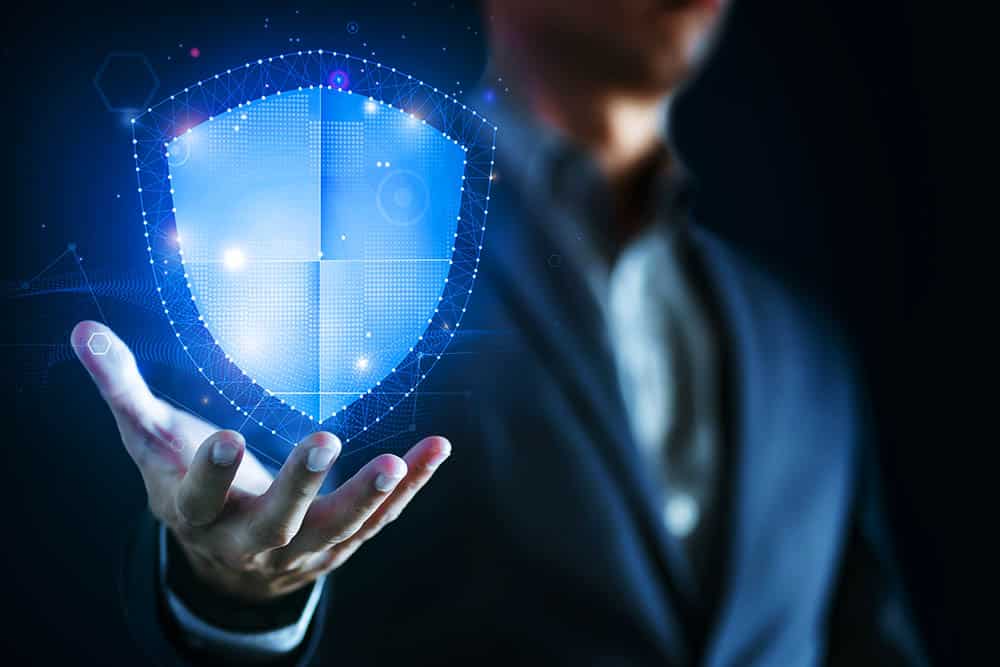The Value of Your Digital Identity
In this day and age, your digital identity is more valuable than ever before. With a constant presence online, through social media, online shopping platforms, and countless other websites, the information and data that make up your online persona are more valuable than you might realize. Your digital identity can be an asset or a liability, and it’s important to understand how to protect it. In this article, we’ll explore why your digital identity is so valuable, how it can be compromised, and what you can do to protect it.
Why Your Digital Identity is So Valuable
Your digital identity is the sum total of all the information and data that make up your online persona. This can include your name, email address, social media profiles, purchasing history, and much more. All of this information is incredibly valuable to businesses, marketers, and cybercriminals alike. Here are just a few reasons why your digital identity is so valuable:
Marketing and Advertising
Businesses and marketers use digital identities to target ads and promotions at specific demographics. By analyzing your online behavior and buying habits, companies can tailor ads to your specific interests and preferences. This not only makes their advertising more effective, but it also results in higher conversion rates and more revenue.
Cybercriminals and Fraudsters
Cybercriminals use digital identities to commit identity theft, fraud, and other forms of cybercrime. They may try to gain access to your online accounts or steal sensitive information such as social security numbers or credit card information. Once they have this information, they can use it to commit fraud or sell it on the dark web to other criminals.
Reputation Management
Your digital identity is also closely tied to your reputation. Prospective employers, clients, and business partners are likely to search for you online before working with you. If they find negative information or comments about you, it can hurt your professional and personal reputation.
How Your Digital Identity Can Be Compromised
There are many ways in which your digital identity can be compromised. Here are just a few of the most common methods cybercriminals use to gain access to your personal information:
Phishing
Phishing is one of the most common ways cybercriminals steal personal information. They do this by sending fake emails or messages that look legitimate, encouraging you to click on a link or enter your login credentials. Once you provide your information, the cybercriminal can use it to access your accounts or steal your identity.
Weak Passwords
Using weak passwords or reusing the same password across multiple accounts can also make your digital identity vulnerable to attack. Cybercriminals can use brute force attacks to crack weak passwords, or they can gain access to multiple accounts by using the same password.
Unsecured Networks
Using unsecured Wi-Fi networks can also put your digital identity at risk. Cybercriminals can intercept the data you send and receive over these networks, potentially gaining access to sensitive information such as login credentials or financial data.
Protecting Your Online Persona
Now that we’ve examined why your digital identity is valuable and how it can be compromised, let’s take a look at some steps you can take to protect it:
Use Strong, Unique Passwords
Using strong, unique passwords is one of the most important steps you can take to protect your digital identity. Ideally, you should use a different password for each account you have, and use a combination of letters, numbers, and symbols to make them harder to crack.
Set Up Two-Factor Authentication
Two-factor authentication can also add an extra layer of security to your accounts. This involves using both a password and a second authentication method, such as a code sent to your phone, to log in to your accounts.
Be Wary of Phishing
Be on the lookout for phishing attempts, especially in the form of emails or messages that ask for your login credentials or personal information. Always double-check the sender’s email address and look for other signs that the message may be fraudulent.
Use Secure Networks
Whenever possible, use secure Wi-Fi networks or a virtual private network (VPN) to protect your data when you’re online. This can help prevent cybercriminals from intercepting your information or gaining access to your accounts.
Conclusion
Your digital identity is a valuable asset, and it’s important to take steps to protect it from cybercriminals and other threats. By following best practices like using strong passwords, setting up two-factor authentication, and being wary of phishing attempts, you can help keep your online persona safe and secure. By taking the time to protect your digital identity now, you can avoid costly and damaging identity theft and fraud down the line.
